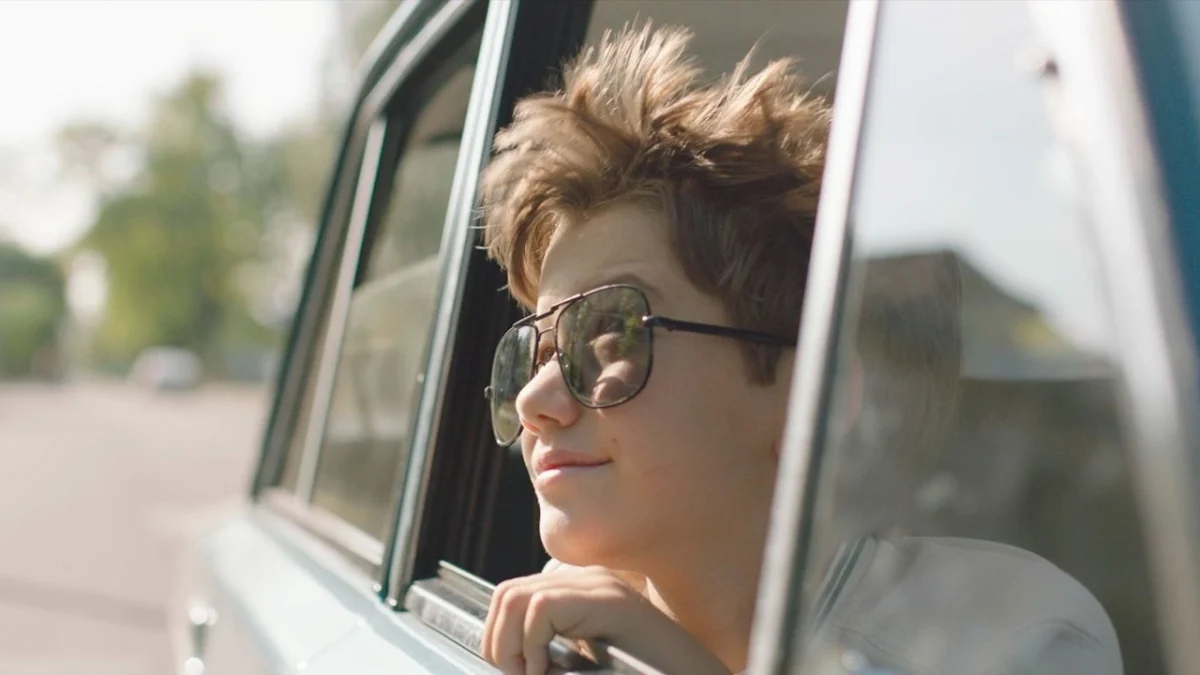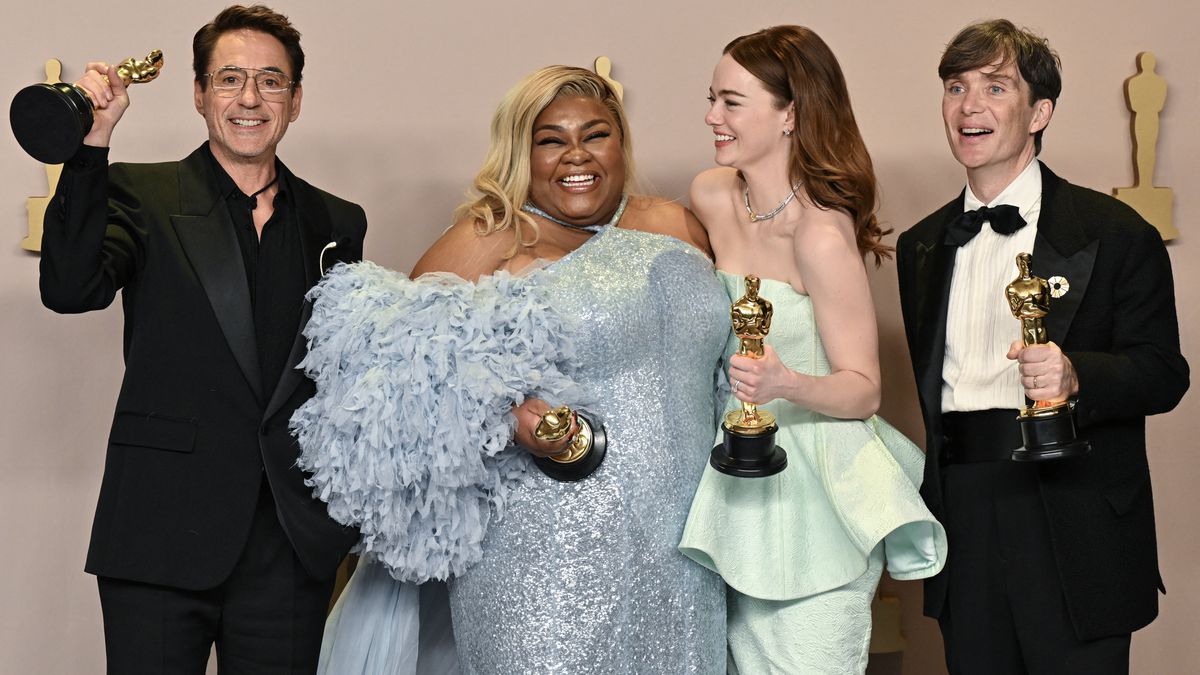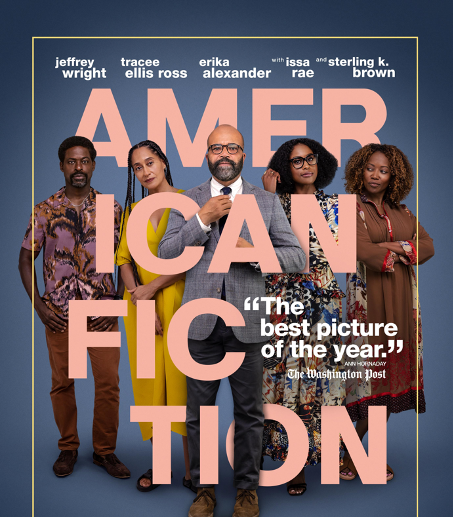
“Glee” is a beautiful chaos.
A show so full of potential, Ryan Murphy’s TV-musical creation has evolved into a monolithic multimedia enterprise that’s already shattered the record for most Top 100 hits on the Billboard charts and will soon devour us all.
In terms of hype and popularity, “Glee” continues to rise and entrench itself in pop culture and as a ratings giant. With Simon Cowell gone, it has the potential to usurp “American Idol” as the flagship program on Fox. Despite all this, the show’s second season has been awful.
Apart from the pointless themed episodes, the main problem with season two is that there is no point to it. Season one was a magically autotuned Cinderella story about misfits getting the glee club off its feet and making it to regionals. In season two, the group mentions nationals every third episode or so, choosing instead to focus on themed filler episodes in which the events rarely have any long-lasting effect.
If there was a plot to season two, it would have to be acceptance and homosexuality, as evidenced by the focus on Kurt’s eventual departure from the glee club. The problem with this is not the content. It’s the fact that it’s just a theme – not a plot – that the writers consistently work into the episodes. That, and the character this theme focuses on left the main setting for the show. So, where are we going with this?
As Hitfix.com’s Ryan McGee noted, “Glee” has no consequences. No matter what happens during the course of the show, it can be reversed by someone transferring or just forgetting what people were doing two episodes prior. Whenever the characters on the show try to shut down the glee club or when the Jesse character supposedly joined the club, the audience knows it’s an empty ploy. They just sit back and say “No. This is stupid. Shut up and sing the next song.” The show hasn’t had any suspense since the first episode of season two when the short girl magically transferred and hasn’t been heard from since.
We all know Kurt’s coming back. There’s no way he’s not coming back from “Tolerance Hogwarts” at the end of the season with some big emotional scene that plays on it being a surprise. No. We already know it’s happening. Just tell us if he’s bringing the other kid with him.
Unfortunately, “Glee,” among other things, is a show that builds for the moment – for the headline on blogs, for the next hit on iTunes, for the big guest star – without making enough concessions for the context. While this format is the best way to make a killing off of the show, especially in the YouTube clip age, it doesn’t make for great television. The show struggles so hard to put characters in different positions (usually for musical numbers) it burns through potential story lines and forces the show to grasp at straws during the second season. “Sure, why not have the girls play football? All we need to do is make sure that they perform ‘Thriller’ on a football field in the episode after the Super Bowl.”
Then there’s the show’s greatest travesty: The destruction of Sue Sylvester’s character.
At the outset of “Glee,” Sue Sylvester was everything viewers could ask for: over-the-top and hilarious, an invincible antagonist. But then the creators did something strange: they took her down as an antagonist and left her in an odd high school limbo of aimlessly trolling the school, moping and throwing tantrums. She’s not even funny anymore.
Where the writers went wrong was in their attempt to make her a real person. Sue Sylvester is larger than life; she needs no feelings. It was one thing when they introduced her sister with Down Syndrome; it made her a great antagonist with one deep secret. But then she married herself, joined the glee club, got a borderline offensive minion to follow her, got all depressed and, most importantly, lost her mystique.
As of the most recent episode, “Glee” does not have a named antagonist, something that the show is in constant need of. It’s hard to depict New Directions as the underdog against the rival glee clubs that we never actually see. Technically, Sue Sylvester is on one of those rival schools, but we never see her there and she’s hardly a threat anymore, or at least haven’t been one for most of season two.
For now, “Glee” looks as if it’s going to stay in cruise control as it rakes in millions from TV and iTunes. All that’s left to do is hope that the writers start trying to find a legitimate plot by season three.
The show’s going where it wants to go, plot be damned, and you better be strapping yourself in for the ride. Otherwise you’re going to get flung out of your seat when you start wondering where the $100,000 sets come from for a club that’s supposed to be short on funds.
Where’d the pyrotechnics come from for a pointless rehearsal? Don’t worry about it, John Stamos is married to the one character and Gwyneth Paltrow’s coming back.
Nick O’Malley can be reached at [email protected].













Virginia Gibson • Mar 10, 2011 at 11:04 am
I agree about the ridiculous plot,
but I find a great lesson in every episode.
Besides, every single show on tv is contrived.
why are you complaining about this one?
There are two forces making this show happen,
the creators and other people who love it,
and Fox, which loves the money it makes.
You have to learn to differentiate the two.
I think all the complaints about Glee
just point to the fact that it’s awesome.
Anything good inspires controversy.
Most of the points people make are just
opinions anyways. I could counter every point
you’ve made on here with opinions of my
own, but i’ll just stick to one of them.
If Kurt returns to McKinley I’ll think more
about what you’ve said, but I don’t see
how that is a foregone conclusion.
Maybe it is, if Karofsky is involved.
But my point is that they’ve managed
to keep Kurt and Blaine highly involved
even though they’re going to another school.
I love your name for it though, ‘tolerance
hogwarts.’ reminds me of my school.